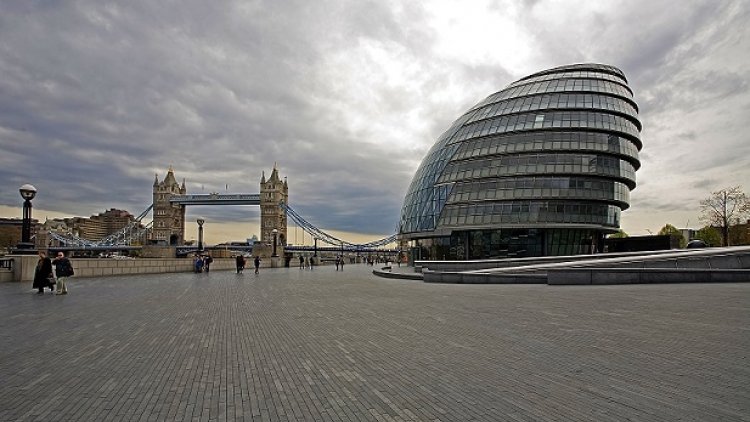Sadiq Khan could be preparing to ditch plans for a clean energy supply company using local renewable generation in favour of a white label product run by a third party under its name, according to a London campaign group.
Energy for Londoners was a pillar of the mayor’s election pledges last year and included plans for Licence Lite, which would procure locally-generated electricity and re-sell it to local businesses.
Khan applied for a junior electricity supply licence with Ofgem in July last year to build on plans to buy energy from a generator panel including five London boroughs, a social housing provider and energy companies to be sold on to the public sector and other organisations at a cheaper rate than offered by the grid.
However Switched on London, which campaigns for a publicly owned energy company in London to rival the ‘Big Six’, has raised concerns that briefings coming out of the Greater London Authority (GLA) suggest the mayor is preparing to backtrack on the plans and establish a white label supply offer. This would allow an existing supplier to trade under the GLA’s name, potentially with very little input or control from the mayor’s office.
Switched on London accused previous mayor Boris Johnson of the same charge in 2013, citing a source within the GLA claiming he had struck a secret, private partnership with Big Six utility Npower to provide the electricity, seemingly defying the concept of Licence Lite which Johnson originally set up.
Under Khan, the GLA responded to similar claims by stating the involvement of SSE – already announced as a supplier – was merely as a participant “an open and competitive process” with other generators.
However, it would not be drawn on the most recent claims, with a spokesperson telling Clean Energy News earlier today that details would be set out in the mayor’s environment strategy due in the coming weeks.
The GLA had already suggested a partial climb down from its original plans for Licence Lite under Energy for Londoners in a report published by the London Assembly’s environment committee which discussed a ‘white label plus’ model.
This would allow an external supplier to run the business, however the GLA stressed any supplier would have to agree to source its electricity from pre-defined generators.
Speaking to CEN yesterday, Switched on London’s Emma Hughes said this model would not offer the full potential offered by the scheme, effectively constituting a standard white label offer.
“The question for us with the white label plus [model] is what does it actually mean in reality? We found it very hard to get at the concrete differences. It might be slightly more acceptable but we would still see fundamental problems in that it wouldn’t be delivering what the full licence would in terms of control over tariffs and prices; in terms of where the revenue goes and it is reinvested, we don’t see the same potential; and building up skills, capacity and expertise in London itself by setting up an energy company,” she explained.
“That’s one of the crucial parts of it because it’s about building up low carbon expertise and creating that sector in London; and then it being about winning Londoners trust to win customers. If it’s essentially a branding exercise for a company that is outside London it doesn’t have that same sense of connection and trust.”
She added that such a model would threaten the integrity of the community element set out by Khan in his original plans by taking power away from the people of London and their ability to have a stake in the scheme.
“The idea would be to see this company offering community energy long term power purchasing agreements and actual concrete support which is what they need. If they set up a very limited white label which doesn’t set out a clear pathway as to how they will ramp up the ambition and deliver on affordable tariffs and strategic support for community, I think it’s very unlikely they will move towards delivering that,” she added.






